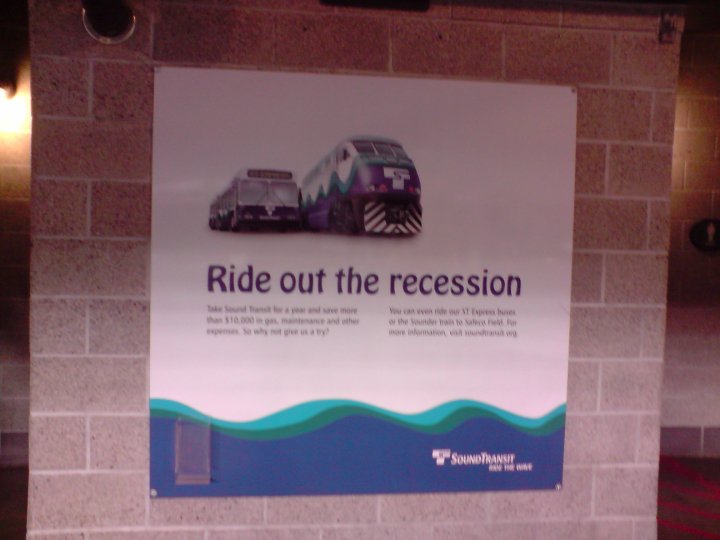Mike Barthel has an article over at Salon arguing that, perversely, Arizona’s immigration law represents a growing acceptance of Hispanics in America:
It’s an incredibly slow and painful process, and it sure would be nice if we could be less awful about accepting newcomers to our culture. But the Arizona law seems so desperate, and the opposition to it so strong, that we’re closer than ever to changing American culture enough that it becomes indistinguishable from Latino culture. It’s too much to hope that we’ll never not hate Mexican-Americans; after all, we pretty much hate everyone. But if we loudly object to every incursion of nativism, we may be able to experience anti-Latino slurs not as a bulwark against foreign incursion, but as just another entry in the panoply of prejudices and bigotry we harbor toward our fellow Americans.
Barthel’s “we hate pretty much everyone” construction is a bit cute; America isn’t that awful, and Irish-Americans and German-Americans, for instance, suffer from no real prejudice any more, though they were once as demonized as much as Latinos are today. But his point is a good one: Arizona’s law might be gathering a lot of support, particularly from copycat Republican gubernatorial candidates in the South, but the furious reaction to it from so many Americans suggests that Latinos are seen by more people than ever to be a naturally and incontrovertible part of American society. Latinos, like other immigrants before them, have become neighbours and colleagues, singers on the radio, and stars on TV — and not just on the Spanish language channels. What once seemed a threatening other is closer than ever to being just enough boring old feature of American life, as unexceptional as the Catholic Church down the road, your boss’s Polish surname, or hearing a Frank Sinatra song piped through the sound system after a baseball game.
Less happily, however, is Barthel prediction for the next point of American immigration angst:
The whole history of American culture can be seen as a long negotiation about the nature of our national character that becomes more and more expansive as time goes on. Having nativism directed at a particular group is unpleasant for members of that group, but it also signifies that we’re in the process of debating whether the group qualifies as “American.” And the nice thing about America is that, so far, we’ve pretty much always decided that if you’re living in America, you’re American — which is not a foregone conclusion in most other countries. But unless that debate happens, a group isn’t grandfathered in. It’s just invisible, as Muslim-Americans currently are.
America does have its Muslim-American immigrants; particularly a sizable Arab community in Detroit, and an Iranian population in Los Angeles. And despite some post-9/11 violence and, as the Daily Show pointed out this week, a growing wariness over mosque-construction, Muslim-Americans have for the most part avoided the kind of nativist wrath suffered by other immigrant groups. If Barthel is right, that’s not because they’ve been lucky, but because they’re standing in the queue.
If Muslims should indeed be America’s Next Top Targeted Immigrant Group* the results will be as ugly as American nativism always is. But, as I’ve said before, even when they’re being hostile toward a particular group of them, Americans tend to like immigrants. It may be that the U.S. has not experienced the intense Islamophobia seen in Europe merely because Muslims are a lower proportion of its population, but if that should change, I would expect America would be just as adept — and just as anxious — at integrating them as they had been with each prior immigrant group.
*Tyra Banks is not involved




